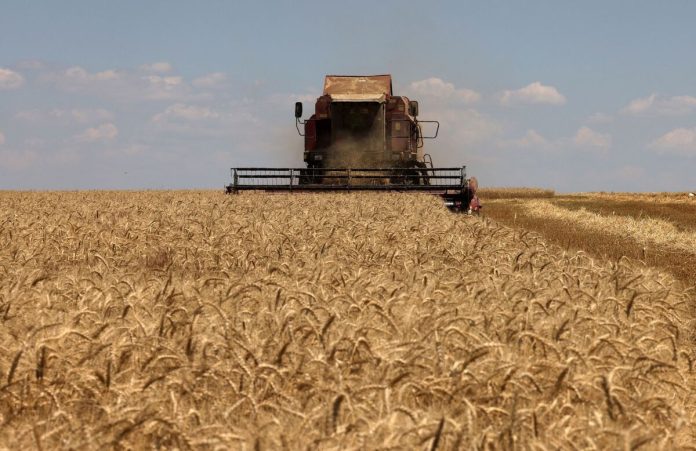Following the European Commission’s decision to end the restrictive measures, Poland, Hungary and Slovakia announced that they would impose their own bans on Ukrainian grain supplies, according to Politico.
On Friday, it was announced that Brussels was not going to extend the ban on imports of Ukrainian grain, which applied to Bulgaria, Romania and Poland. This ban expired on Friday.
Imports of Ukrainian grain, including wheat and maize, were blocked from the territory of these five countries under an agreement reached with Brussels earlier this year. Only transit to other destinations was allowed. The purpose of this ban was to protect farmers in EU countries from cheap Ukrainian products. Hungarian Prime Minister Viktor Orbán said on Saturday on social media:
“The bureaucrats in Brussels are turning a blind eye to the problems of European farmers once again. It’s time to take matters into our own hands! Ukrainian agricultural products destined for Africa are flooding Central European markets.”
Hungary moved to exclude 24 Ukrainian products such as certain meat products, honey, eggs, grains, rapeseeds and sunflower seeds. Poland imposed an import ban on Ukrainian agricultural products including wheat, corn and rapeseed. Piotr Müller, spokesperson for the Polish government said:
“We do not agree with the decision of the European Commission and in the interest of Polish farmers and consumers, we are introducing national measures.”
The Slovak government decided to ban the import of four commodities — wheat, corn, rapeseed and sunflower seeds — from Ukraine, Prime Minister Ľudovít Ódor said on Friday evening. He claimed:
“We have to prevent excessive pressure on the Slovak market in order to remain fair to our farmers as well. At the same time, our step is a reaction to the similar procedure of Poland and Hungary.”
The European Commission said Ukraine would now have to ensure that its grain exports do not distort neighbouring markets, it said in a statement on Friday. EU Trade Commissioner Valdis Dombrovskis said in explaining the decision to let the EU measure end:
“We currently do not see market distortions in those five member states. These are exceptional safeguards, not something that should be there for [an] unlimited period.”
